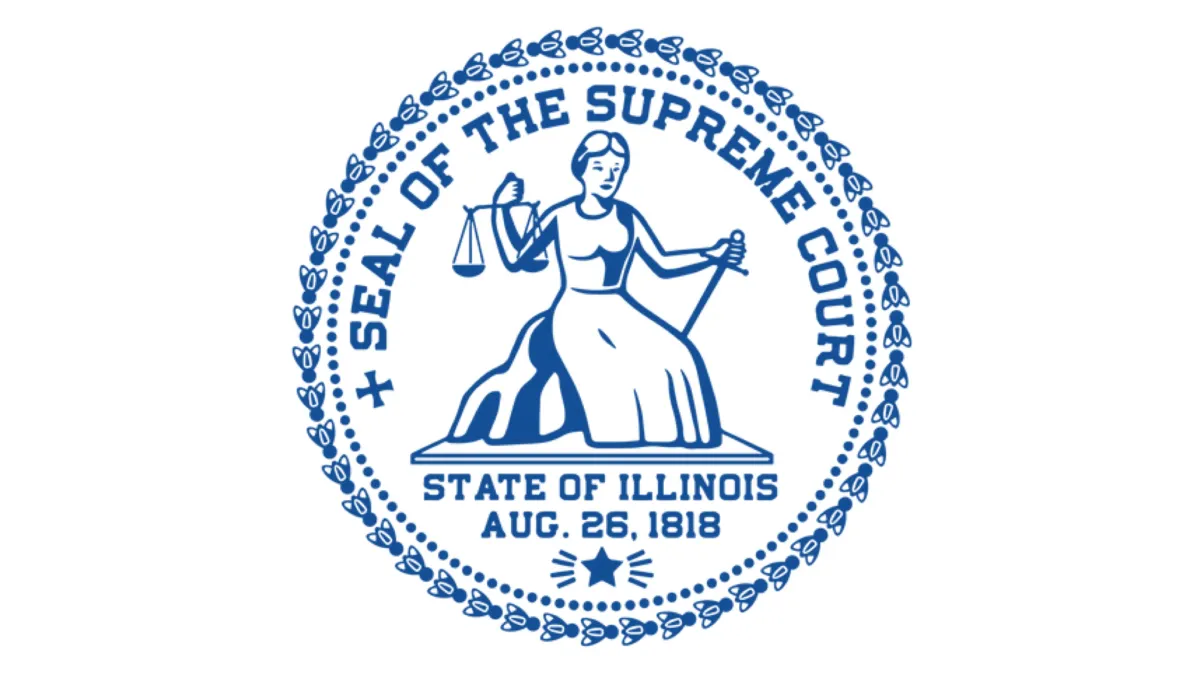
Three days ago, on December 27, 2024, the Supreme Court of Illinois published its official policy on artificial intelligence use in the state's legal system, set to take effect on January 1, 2025. The policy establishes guidelines that significantly differ from other jurisdictions' approaches to AI transparency in legal proceedings
According to the official document from the Illinois Supreme Court, the policy states that "the use of AI by litigants, attorneys, judges, judicial clerks, research attorneys, and court staff providing similar support may be expected, should not be discouraged, and is authorized provided it complies with legal and ethical standards."
A notable aspect of the policy is that it does not require disclosure of AI use in legal pleadings. This approach contrasts with other courts that have implemented mandatory disclosure requirements for AI usage in legal proceedings.
The policy document emphasizes the court's commitment to maintaining ethical standards while acknowledging the integration of AI technologies in legal processes. The Illinois Supreme Court states that it "remains steadfast in its commitment to upholding the highest ethical standards in the administration of justice."
Dr. Luiza Jarovsky, co-founder of AI Tech Privacy, highlighted concerns about this approach. According to her analysis shared on December 27, 2024, the policy "adopts an extremely lenient approach to transparency and the relevant parties' right to know if they're being impacted by AI outputs and outcomes."
The policy implementation occurs within a context where courts nationwide are grappling with AI integration. The Delaware Supreme Court issued similar guidelines in October 2024, demonstrating a broader trend in judicial systems adapting to technological changes.
The Illinois Supreme Court's document addresses potential risks, stating that courts will "be vigilant against AI technologies that jeopardize due process, equal protection, or access to justice." It specifically mentions that "unsubstantiated or deliberately misleading AI-generated content that perpetuates bias, prejudices litigants, or obscures truth-finding and decision-making will not be tolerated."
The policy maintains that accountability remains with legal professionals. According to the document, "attorneys, judges, and self-represented litigants are accountable for their final work product." This includes a requirement to "thoroughly review AI-generated content before submitting it in any court proceeding to ensure accuracy and compliance with legal and ethical obligations."
Privacy considerations feature prominently in the policy. The court emphasizes that "AI applications must not compromise sensitive information, such as confidential communications, personal identifying information, protected health information, justice and public safety data, security-related information, or information conflicting with judicial conduct standards."
Dr. Jarovsky points out that this policy approach differs from established international standards. According to her analysis, the policy diverges from the Organization for Economic Co-operation and Development's AI principles, which emphasize transparency and explainability as core requirements.
The Illinois Supreme Court's policy includes provisions for ongoing assessment and adaptation. The document states that "the Court will regularly reassess policies as these technologies evolve, prioritizing public trust and confidence in the judiciary and the administration of justice."
This policy affects all 78 circuit courts in Illinois, potentially influencing how legal proceedings incorporate AI technologies across the state. The implementation timeline gives legal professionals and court staff until January 1, 2025, to prepare for operating under these new guidelines.
The court's position on AI use marks a significant shift in how judicial systems approach technological integration, potentially setting precedents for other jurisdictions considering similar policies. The implications of this approach to AI transparency in legal proceedings remain to be seen as the policy takes effect in 2025.

